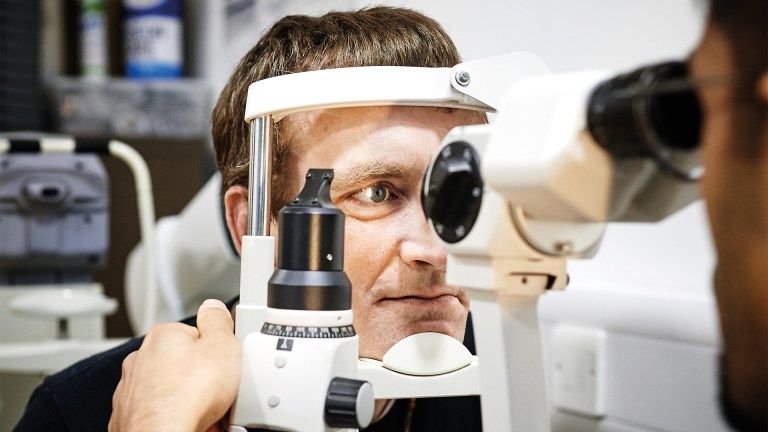“We applaud Simone Biles for listening to her own feelings and acting on them, rather than ignoring them and forcing herself to do something that – it seems – felt deeply wrong to her,” he said.
“This is one important way in which we can all protect our mental health – by noticing our emotions and what they’re telling us about activities and people in our lives.”
Hayley Jarvis, head of physical activity at Mind, said: “Working in elite sports like gymnastics comes with unimaginably high levels of pressure, scrutiny, and comparison. Simone Biles is incredibly brave for speaking out about her mental health and making the decision to prioritise her own wellbeing.
“Our research at Mind has shown that when people in the public eye speak about their mental health, it encourages others to do the same – as many as one in five people have spoken to a loved one as a direct result of seeing a celebrity speak out. This demonstrates how vital it is that people in the public eye continue to speak honestly about their mental health experiences.”
She added: “We hope Simone’s decision encourages anyone struggling with their mental health to get the help and support they need. We applaud and respect Simone and hope that she is given the space and time she needs to look after her mental health.”
Mental health awareness in sport is increasing. Naomi Osaka, a four-time grand slam tennis champion, pulled out of the French Open in May, citing concerns over the media and her mental health.
Advertising helps fund Big Issue’s mission to end poverty
How to improve your mental health
The Mental Health Foundation has produced a guide on supporting mental health at work, which includes ten evidence-based ways to improve one’s mental wellbeing. Among the suggestions include talking about your feelings, being active, eating well, drinking sensibly and asking for help.
Dr Crepaz-Keay said building connections with other people, in or outside of work can help us all with life and care for our mental health.
“So try to make time for your colleagues, friends, family, partner, neighbours and others in your community,” he told The Big Issue.
“And remember that kindness is good for our mental health, whether we’re giving or receiving it. Try to be kind and thoughtful on social media – your words will affect other human beings.”
Echoing the words of Simone Biles, he added: “Remember that no-one is superhuman. We all get tired and can feel overwhelmed when things don’t go to plan. Try to be especially kind to yourself at these times, rather than being harsh.
“If you feel you’re struggling, it’s good to ask for help. Consider speaking with your GP about how you’re feeling.”
Advertising helps fund Big Issue’s mission to end poverty
Simon Gunning, the CEO of CALM, also encouraged people to talk about their mental distress, particularly if it takes over your life or stops you from carrying out normal activities.
“Speaking about your problems often helps to lighten the load and gives you a way to move forward,” he said.
“Everyone is different and there is no one size fits all way to care for your mental wellbeing but there are some practical things you can do if you are struggling. The important thing is to find what works for you.”
With lockdown restrictions now loosening, The Big Issue has put together guidance for receiving mental health support at work.
If you’re struggling, for practical support and advice contact the CALM helpline here. It’s free, confidential and anonymous.
Anyone can contact Samaritans FREE any time from any phone on 116 123, even a mobile without credit. This number won’t show up on your phone bill. Or you can email jo@samaritans.org or visit www.samaritans.org
Advertising helps fund Big Issue’s mission to end poverty










